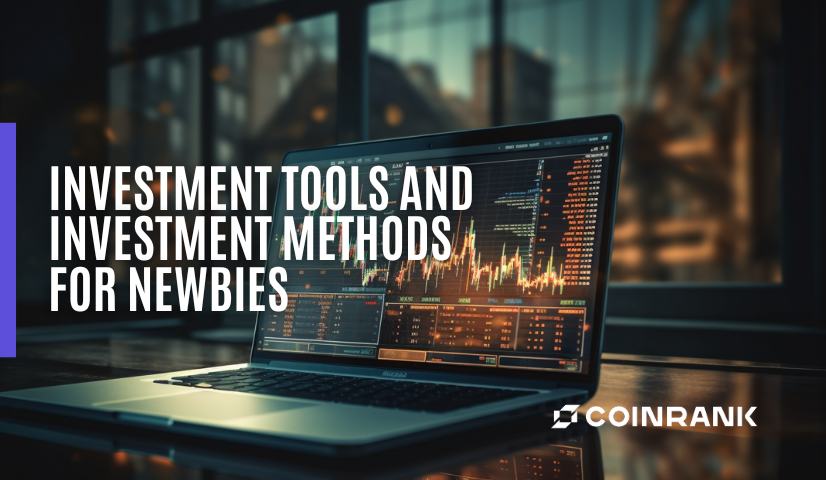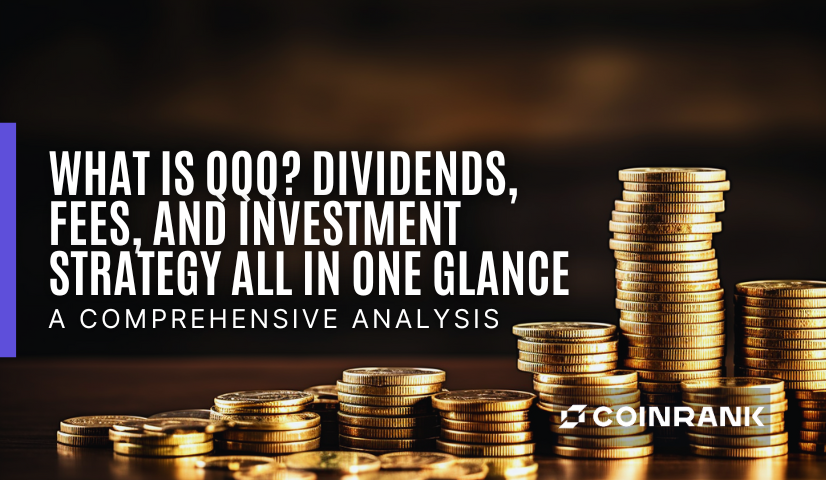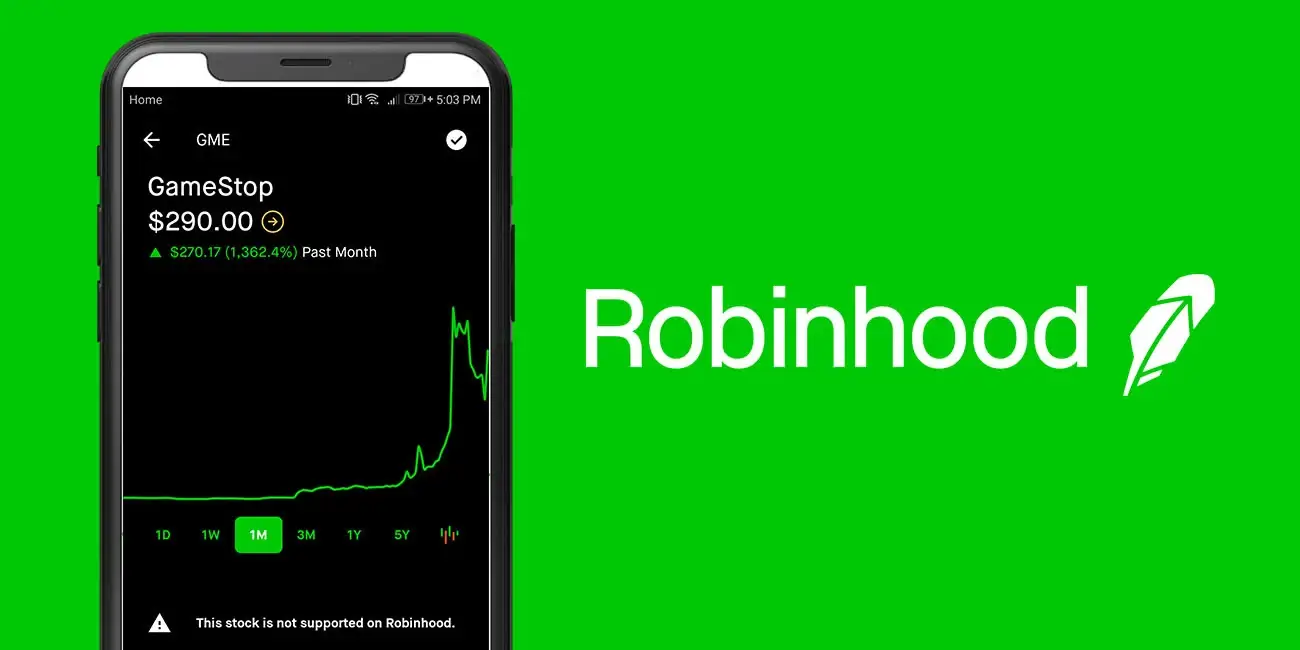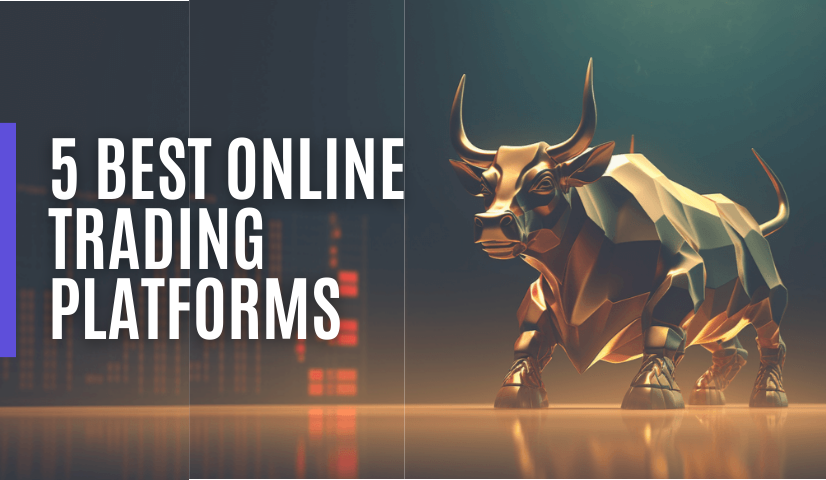
KEYTAKEAWAYS

CONTENT
Investing in the US stock market has never been more appealing, and with a plethora of platforms to choose from, finding the right one can be overwhelming. In this article, we’ll explore the leading US stock investment platforms, shedding light on their unique features, advantages, and potential drawbacks. Whether you’re a seasoned investor or just starting out, understanding the nuances of these platforms is key to making informed investment decisions and maximizing your returns.
#1. ROBINHOOD
Robinhood gained popularity for its commission-free trading model, which attracted many first-time investors. It offers a user-friendly mobile app with a simple and intuitive interface. However, its limited investment options and lack of research tools may be a drawback for more advanced investors.
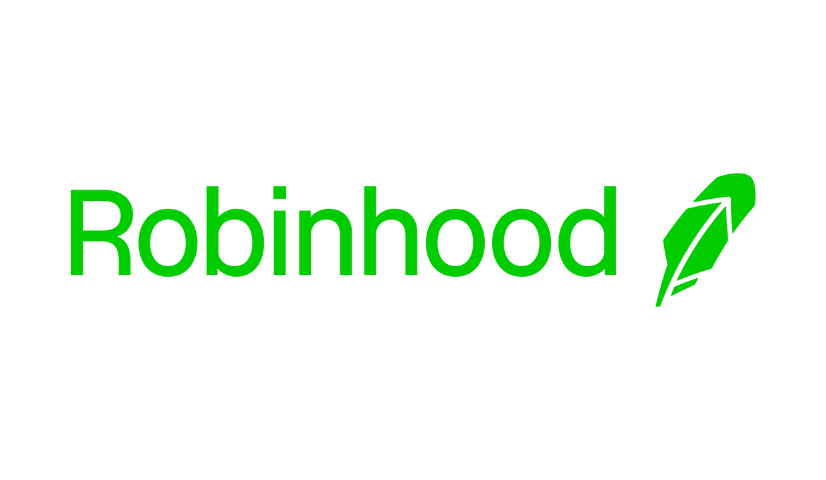
Pros
- Streamlined, easy-to-understand web and mobile platforms
- No account minimum and low trading costs
Cons
- Limited educational materials and trading tools
- Poor customer support
- High margin rate for non-premium users
- Restricted to users within US only.
#2. TD AMERITRADE
TD Ameritrade is a well-established platform with a comprehensive suite of tools and resources. It provides a wide range of investment options, including stocks, ETFs, options, and mutual funds. Additionally, TD Ameritrade offers extensive educational materials and a robust trading platform. However, the platform’s fees for certain transactions may be higher compared to some of its competitors.
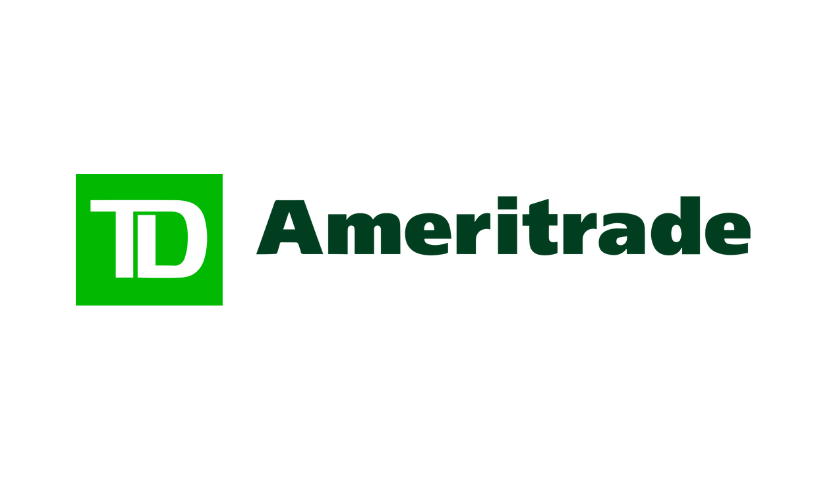
Pros
- Wide range of product offerings
- Superb educational content
- Top-notch trading technology and options analytics across platforms
- Very capable paper trading platform
- Strong customer support
Cons
- Some account fees are relatively high
- Does not offer fractional shares
- Must opt in for automatic cash sweep
- Cryptocurrency trading through OTC trusts, ETFs, mutual funds, and Bitcoin futures only
#3. FIDELITY
Fidelity is a reputable and trusted investment platform known for its extensive research offerings and educational resources. It provides a wide range of investment options and has a user-friendly interface. Fidelity also offers a variety of retirement and wealth management services. However, some users may find the platform’s trading fees slightly higher compared to its competitors.

Pros
- Committed to eliminating common account fees
- Strong portfolio analysis and account features
- Excellent order execution
- Powerful Active Trader Pro platform
- Direct indexing
- Fractional shares trading in over 7000 U.S. stocks and ETFs
Cons
- Higher broker-assisted trade fees
- Minimum balance for some index trading
- No access for non-U.S. citizens
- Multiple platforms may be required to access all tools
#4. ETORO
eToro is a social trading platform that allows users to trade a variety of financial instruments, including stocks, cryptocurrencies, commodities, and more. One of the standout features of eToro is its social trading functionality, which enables users to copy the trades of successful investors. This platform is well-suited for those who are interested in learning from and connecting with a community of traders. However, eToro’s fees for certain transactions and the limited availability of some stocks may be a consideration for investors seeking a wider range of options.
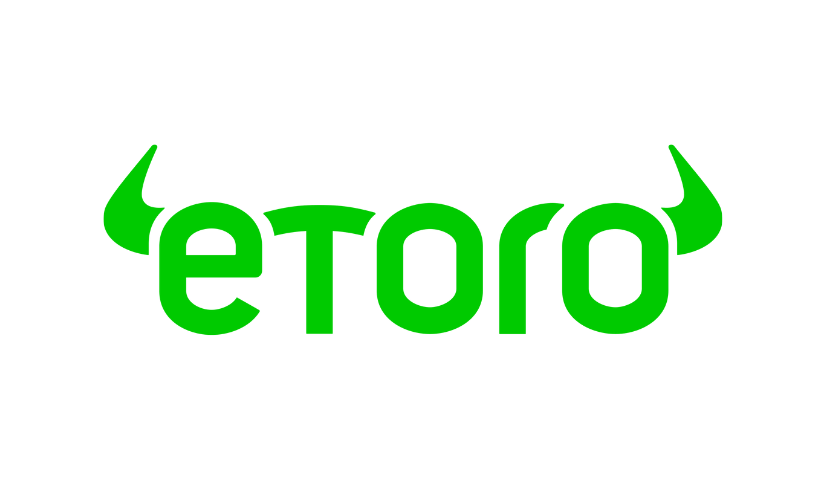
Pros
- Social trading feature allows users to follow and copy successful traders.
- Offers a wide range of investment options, including stocks and cryptocurrencies.
- User-friendly interface that is accessible to both novice and experienced traders.
- Fosters a social community for knowledge-sharing and interaction.
Cons
- Limited availability of certain assets.
- Trading fees and charges can impact profitability.
- Investment decisions may be influenced by others.
- Research and analysis tools are relatively basic.
#5. CHARLES SCHWAB
Charles Schwab is a well-known brokerage firm offering a comprehensive suite of investment services. It provides a wide array of investment options, including stocks, bonds, options, and ETFs. Charles Schwab’s platform offers robust research tools and educational resources. However, some investors may find its trading fees and commissions slightly higher compared to other platforms.
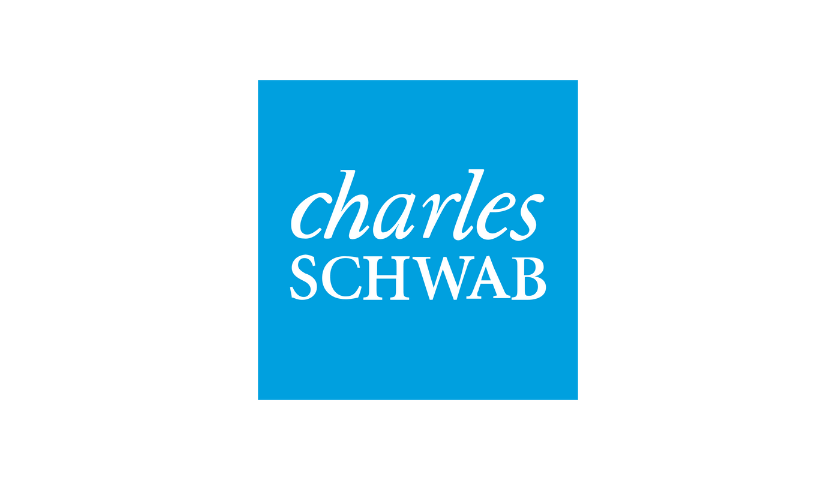
Pros
- $0 fees for ETFs, stocks, options and Schwab mutual funds trades
- Ability to invest in foreign markets
- Large variety of research tools
Cons
- Relatively high margin rates
- No cryptocurrency trading available
CONCLUSION
When selecting a platform, it’s important to consider your investment goals, experience level, desired features, and cost considerations. The platforms discussed here offer varying degrees of simplicity, research tools, investment options, and fees. Evaluating these factors will help you choose the platform that best aligns with your investment needs and preferences.
Looking for the latest scoop and cool insights from CoinRank? Hit up our Twitter and stay in the loop with all our fresh stories!


